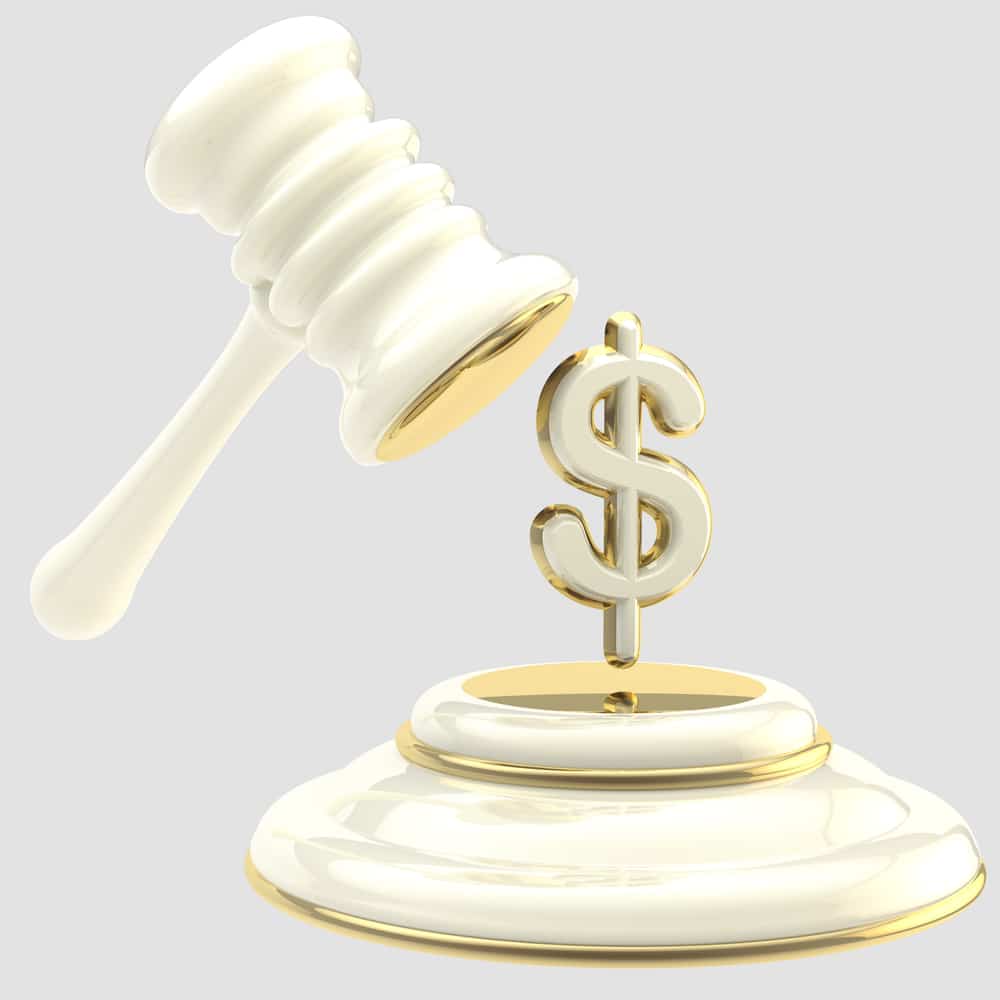As of January 1, 2017, Investors Group has eliminated deferred sales charges (DSC) on all new lump sum investments to their funds. The good news is that dropping the DSC is part of a new trend by investment brokers to replace this archaic charge for withdrawing your own money with a more up front fee-for-advice model.
The bad news is that if your investments are already in funds with a deferred sales charge, you still have to pay the fee if you want to redeem those funds.
What is a deferred sales charge, anyway?
Deferred sales charges are a way for financial advisors to earn a commission on the sale of a fund’s shares to investors. Generally, it’s the payment for the broker’s expertise and gives them an incentive to suggest a particular fund for the investor’s portfolio.
A deferred sales charge (or back-end load) is a fee that investors pay when selling their mutual fund units. The fee amount is a percentage of the value of the units sold. It can be a flat fee, or can gradually decrease over time, usually within five to 10 years.
When the specified holding period ends, it drops to zero.
“The Deferred Sales Charge was created to provide discipline to long-term investing.” – Investors Group Website
Rather than creating discipline, it more likely glued investors to their advisors with no consideration for the level of service provided.
Here’s an example of the penalty schedule for early withdrawals:
- 1 – 2 years – 5.5%
- 3 – 4 years – 5.0%
- 5 years – 4.0%
- 6 years – 3.0%
- 7 years – 2.0%
- 7 + years – 0 %

The dilemma of breaking free, or waiting out the scheduled payment period
Investors hate to pay onerous fees, especially when they are so obviously transparent. This makes them hold on to high MER funds until the holding period is over to avoid paying. Many firms allow you to redeem 10% of your holdings at no cost every year.
So, is it worthwhile to stay put until the DSC schedule expires? Or do you bite the bullet and make the switch to low cost ETFs or index funds?
It doesn’t take a math expert to see the difference in dollar terms, especially when you take into account the higher MERs you are paying as well year over year.
Assume you invested $20,000 in XYZ Mutual Fund which has an MER of 2%. After 5 years, the investment has grown to $24,000 and you are ready to sell. You discover you have to pay a 4% deferred sales charge. Of the $24,000 current value $960 (24,000 X .04) is paid to the fund company and the investor walks away with $23,040. Ideally, the earnings from such an investment should be high enough that, after the fee is paid, the investor still has a net gain.
In the above example, assuming the balance of the holdings is always between $20,000 and $24,000 for the five years, the investor will also have paid between $400 and $480 each year.
Most index funds and ETFs have MERs of under .5%, (one quarter of the above scenario).
So, why wait? By trying to save on deferred charges, you are still paying high MERs on the funds. You will find that in most cases it makes sense to pay the DSC. By pulling the plug and moving on you receive a huge saving right away on your new funds.
Paying a Deferred Sales Charge is unwarranted in today’s price-competitive investment world.